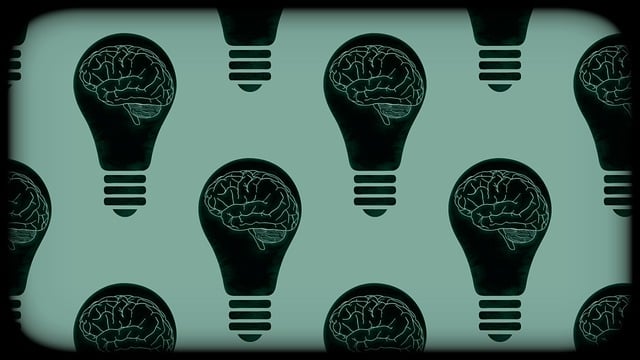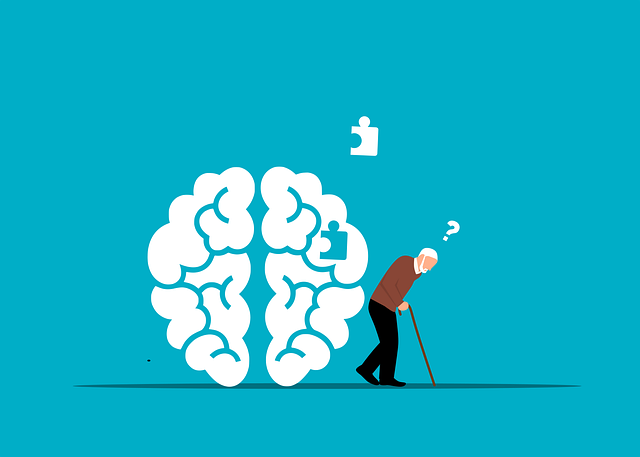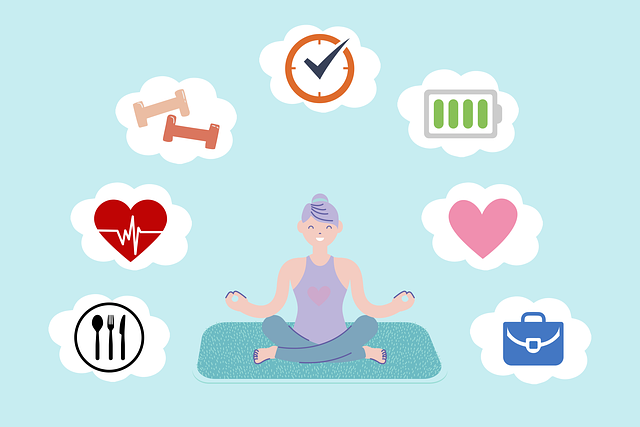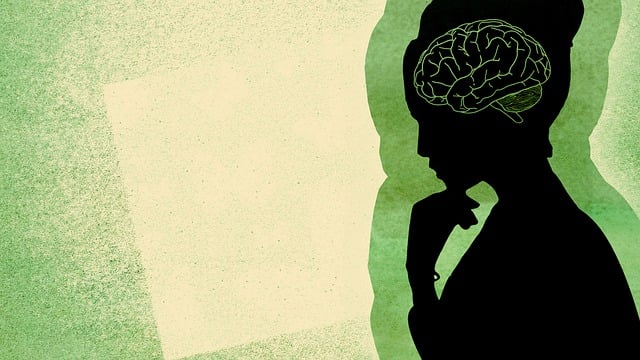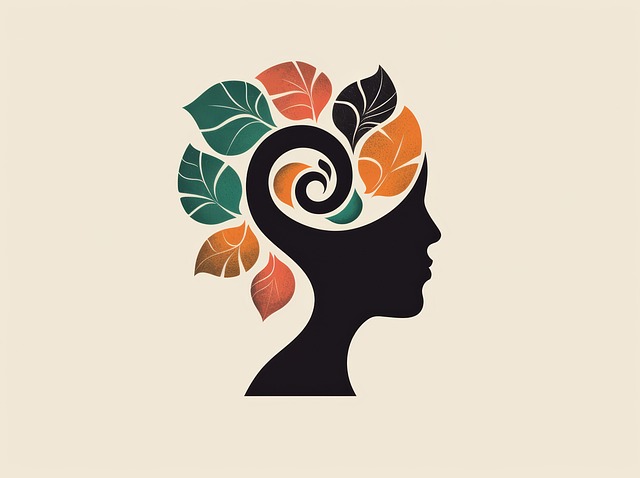Mental health crisis hotlines are 24/7 resources offering confidential support and guidance to young adults with acute distress or phobias, circumventing traditional therapy barriers. These hotlines de-escalate emotions, teach coping mechanisms, and explore underlying issues, serving as a crucial first step in recovery. Combining cognitive-behavioral therapy (CBT) with mindfulness meditation, these services enhance present-moment awareness and calm responses to anxiety-inducing situations. Cultural sensitivity ensures adaptable, respectful care, fostering resilience through tailored self-care practices for diverse backgrounds. For young adults seeking therapy for phobias, crisis hotlines are a vital entry point into effective support systems.
“In today’s fast-paced world, mental health crises are a growing concern, especially among young adults. This article explores an often-overlooked resource: Mental Health Crisis Hotline Support Services. We delve into how these hotlines serve as a lifeline, providing immediate assistance and guidance during intense periods.
We discuss the specific role of therapy in addressing phobias within youth support systems, highlighting effective strategies for accessing crisis services. By understanding these resources, we can ensure young adults receive the help they need, fostering better mental health outcomes.”
- Understanding Mental Health Crisis Hotlines: A Lifeline for Young Adults
- The Role of Therapy in Addressing Phobias: A Focus on Youth Support
- Accessing and Utilizing Crisis Hotline Services Effectively
Understanding Mental Health Crisis Hotlines: A Lifeline for Young Adults

Mental health crisis hotlines are a vital resource for young adults experiencing acute distress and phobias. These 24/7 services provide immediate support, offering confidential conversations with trained professionals who can offer guidance, therapy, or simply a listening ear. The hotline is more than just a number; it’s a lifeline, connecting individuals to the help they need without the barriers of appointments and long wait times often associated with traditional therapy for young adults with phobias.
For many, the crisis hotline serves as an essential first step in their journey towards recovery. It can help de-escalate intense emotions, provide coping mechanisms for burnout prevention strategies, and offer a safe space to explore underlying issues. Moreover, hotlines play a crucial role in risk management planning for mental health professionals by enabling them to assess situations remotely and direct individuals to appropriate local resources or emergency services when necessary.
The Role of Therapy in Addressing Phobias: A Focus on Youth Support

Therapy plays a pivotal role in addressing phobias among young adults, offering them essential tools to manage and overcome their fears. Cognitive-behavioral therapy (CBT) is particularly effective, focusing on identifying and changing negative thought patterns and behaviors associated with specific phobias. This approach empowers young individuals to face their fears gradually, providing them with practical coping strategies.
Incorporating mindfulness meditation techniques within therapy has shown significant benefits. Mindfulness helps youth cultivate present-moment awareness, allowing them to respond to anxiety-inducing situations more calmly. Additionally, cultural sensitivity in mental healthcare practice is crucial when addressing phobias, ensuring that therapies are adaptable and respectful of diverse backgrounds, enhancing the effectiveness of support services for young adults with phobias.
Accessing and Utilizing Crisis Hotline Services Effectively

Accessing crisis hotline services can be a life-saving step for young adults struggling with phobias or other mental health concerns. These hotlines offer immediate, confidential support and can connect individuals to professional therapists who specialize in treating various conditions, including phobias. Many hotlines provide 24/7 availability, ensuring that help is always accessible when needed most. To utilize these services effectively, young adults should be prepared with specific details about their symptoms, previous treatments, and any medications they are taking. This information allows hotline counselors to offer tailored advice and direct them to the right resources, such as local therapy clinics or specialized programs.
Effective use of crisis hotlines also involves fostering cultural sensitivity and competency within the mental healthcare system. This means that healthcare providers must be trained to understand and respect diverse cultural backgrounds and beliefs, which can significantly impact an individual’s experience with phobias and their willingness to seek help. Incorporating self-care practices alongside professional support is another crucial aspect of managing mental health crises. Hotline counselors can guide young adults toward healthy coping mechanisms tailored to their unique cultural contexts, enhancing overall well-being and resilience.
Mental health crisis hotline support services play a pivotal role in empowering young adults facing phobias. By providing immediate access to trained professionals, these hotlines offer invaluable therapy and resources. Effective utilization of these services can significantly enhance the well-being of young people, ensuring they receive the necessary guidance during crises. Integrating crisis hotline support into mental health strategies is essential for fostering a healthier, more resilient youth community, specifically targeting issues like phobias that may hinder their development and overall quality of life.

